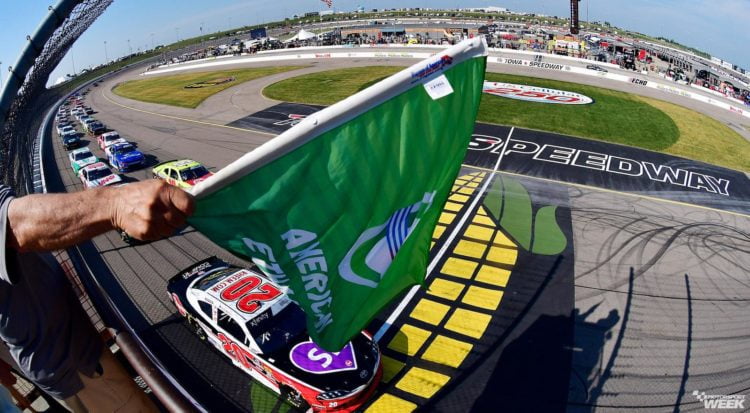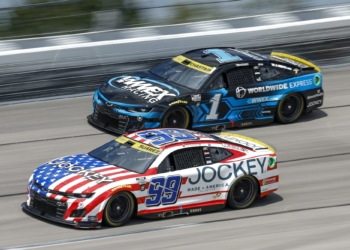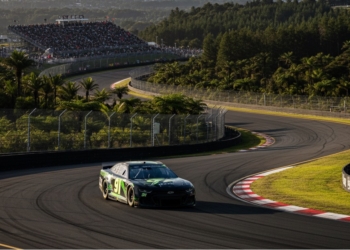NASCAR plans to eliminate timed, green-flag pit stops for most standalone races in the Xfinity and Gander RV & Outdoors Truck series in 2020. That includes Xfinity Series races at Mid-Ohio Sports Car Course, Iowa Speedway and Road America and Truck Series races at Iowa, World Wide Technology Raceway at Gateway and Canadian Tire Motorsport Park for a total of seven races across both series, as the Xfinity Series races at Iowa twice.
The new format does not include standalone Truck Series races at Eldora Speedway and Texas Motor Speedway. Eldora has its own pit format as a result of the track not having a traditional pit road. The race distance at Texas, meanwhile, allows for fuel strategy. For the races in which the new format will be implemented, stage lengths will be modified to eliminate the need for green-flag pit stops.
“We believe this procedure will increase competition on track, incentivize different strategy plays to bring interesting storylines for the fans and bring efficiencies to teams that will help help strengthen the garage now and into the future,” NASCAR Xfinity Series Technical Manager Eric Peterson said.
Under the new format, on oval tracks, teams may take fuel and change two tires in a single stop. Teams will be required to pit a second time if they want to change all four tires. At road courses, teams may either fuel their vehicles or take four tires during a single stop. A second stop will be required for teams wishing to do both.
Vehicles staying out during a caution will restart up front, followed by vehicles making only one stop. Then, vehicles making two stops will restart, followed by the free-pass vehicles and vehicles taking a wave-around to get a lap back. Vehicles taking longer than NASCAR’s alotted time to make their pit stops will start in the back. Teams changing four tires and taking fuel on a single lap will be penalized two laps.
Vehicles sustaining damage in incidents will be allowed to change four tires on a single stop to avoid additional damage.
The new format also includes a change in allowable at-track personnel for each team. Teams will be allowed eight road personnel, and pit service will be performed by individuals among those eight — four to service the car, aside from fueling; a fueling person; and one person to assist the driver with water, etc.






Discussion about this post